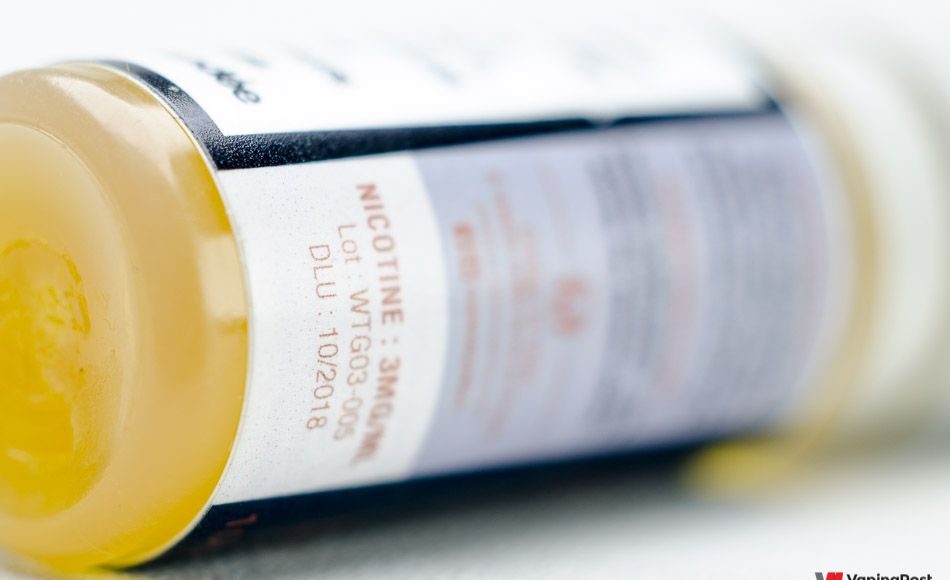The new law took effect on April 14th, and requires that “manufacturers, distributors, importers and retailers of tobacco products containing non-tobacco nicotine (NTN)—that is, nicotine not made or derived from tobacco, such as synthetic nicotine—must ensure compliance with applicable requirements under the Federal Food, Drug, and Cosmetic Act (FD&C Act) resulting from this law, such as:
- Not selling these products to persons under 21 years of age (both in-person and online);
- Not marketing these products as modified risk tobacco products without FDA’s authorization; and
- Not distributing free samples of these products.”
Actions against the ban
The bill will of course ban any vaping products containing synthetic nicotine. The substance had so far been manufactured and sold legally across the US. After the passing of the synthetic nicotine ban, the Vapor Trade Association (VTA) immediately began working on a strategy to ensure a viable path for companies which are selling the products. Moreover, the VTA’s Board of Directors and members met with the FDA Center for Tobacco Products (CTP) to discuss the ban.
The FDA personnel in attendance included over 35 senior leaders, representing seven different offices inside CTP. The VTA held presentations by three Ph.D’s in Organic Chemistry and Physical Analytical Chemistry, in order to frame critical scientific and public policy issues that we believe had not previously been presented to or considered by the FDA.
Additionally, the new FDA Commissioner Robert M. Califf M.D., has just received a letter in opposition to the ban. The groups are also urging Commissioner Califf to allow small businesses trying to comply with the new restriction, to remain on the market for longer than the 60 stipulated days as they prepare their marketing applications.
Read Further: FDA








